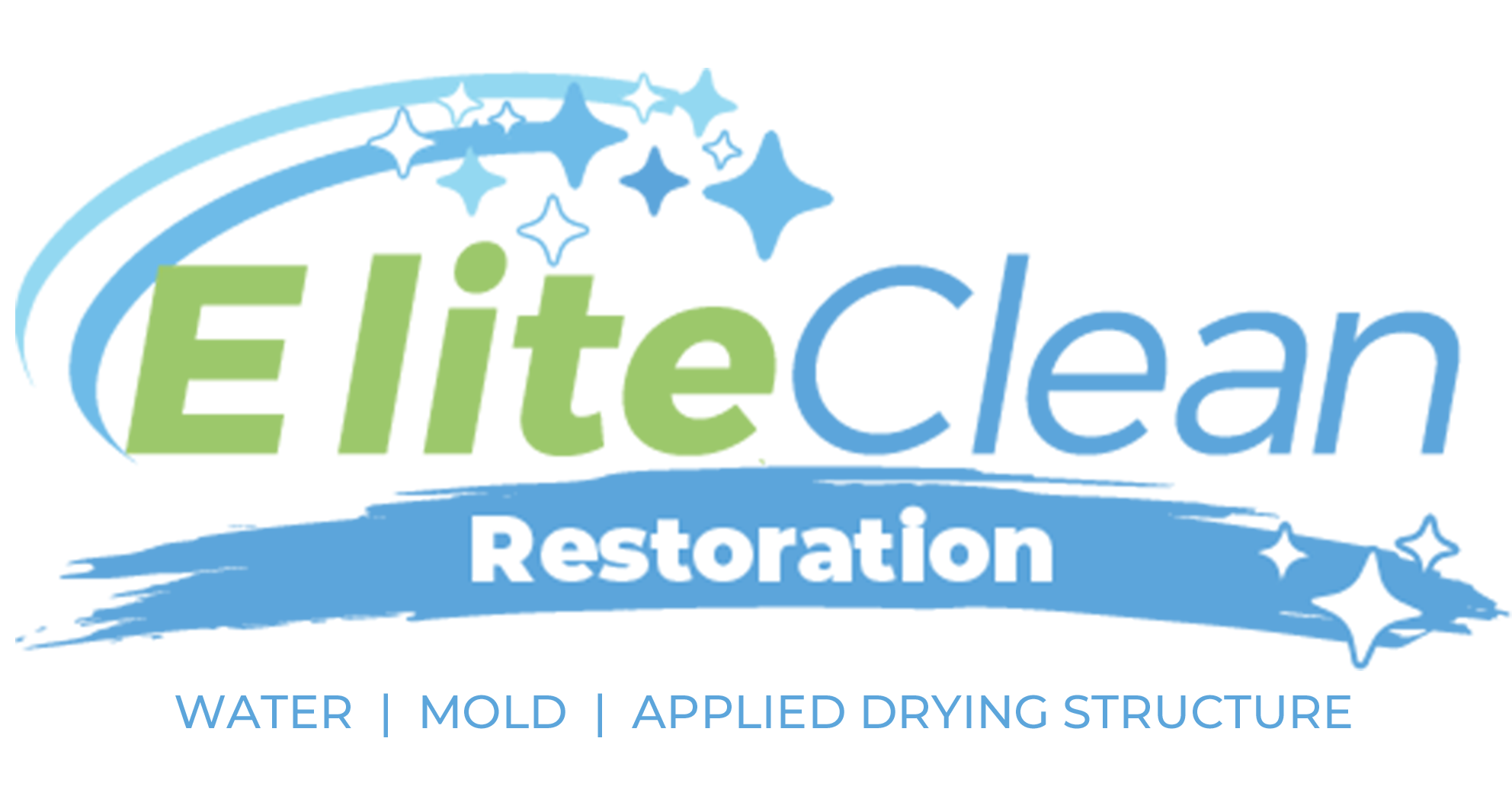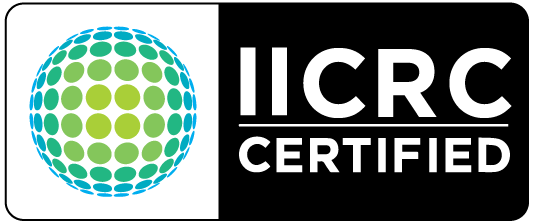Sewer backups can be an unpleasant and costly problem for homeowners, especially if not addressed promptly. The causes of sewer backups are varied, but there are some common culprits that homeowners should be aware of.
In this article, we will discuss the most common causes of sewer backups and provide some quick fixes to help prevent and address these issues.
Causes of Sewer Backups
1. Clogged Pipes
One of the most frequent causes of sewer backups is clogged pipes. These clogs can occur due to various reasons, such as tree roots, grease buildup, or foreign objects in the pipes. When this occurs, wastewater cannot flow freely and can back up into the home.
2. Damaged Pipes
Pipes can also become damaged due to age, corrosion, or shifting soil. These damaged pipes can cause wastewater to leak out, leading to a backup.
3. Heavy Rainfall
Heavy rainfall can also contribute to sewer backups. When there is an excessive amount of rainfall, the water can overload the sewer system, causing it to back up into homes and businesses.
4. Flushing Inappropriate Items
Another common cause of sewer backups is flushing inappropriate items. Items such as baby wipes, feminine hygiene products, and paper towels should not be flushed down the toilet as they can cause clogs and backups.
Quick Fixes for Sewer Backups
1. Regular Maintenance
Regular maintenance of your sewer system can help prevent backups. This can include cleaning the pipes, removing tree roots, and inspecting the system for any damage. By doing this, you can catch any potential problems before they become major issues.
2. Avoid Flushing Inappropriate Items
As mentioned earlier, flushing inappropriate items down the toilet can cause clogs and backups. Homeowners should avoid flushing anything other than toilet paper and human waste down the toilet.
3. Install Backwater Valves
Installing backwater valves can help prevent sewage from flowing back into your home during heavy rainfall or other sewer system overload situations. These valves are installed in the main sewer line and automatically close when water begins to flow back up the line.
Hiring a Professional
If you experience a sewer backup, you should act quickly to prevent further damage to your home. Emergency sewage extraction or sewage removal should be initiated as soon as possible to minimize the damage.
Emergency sewage extraction involves removing standing water and sewage from your home. This process is typically performed with specialized equipment, such as pumps and vacuums, to ensure all water and sewage are removed from the affected area.
Meanwhile, sewage removal refers to the safe and legal disposing of the sewage removed during the extraction process. This is typically done by a licensed professional who will transport the sewage to a licensed treatment facility for proper disposal.
Conclusion
Sewer backups can be a significant inconvenience for homeowners. By understanding the common causes of sewer backups, homeowners can take steps to prevent these issues from occurring. Regular maintenance, avoiding flushing inappropriate items down the toilet, and installing backwater valves are just a few ways to prevent sewer backups. If a sewer backup does occur, it is essential to seek emergency sewage extraction or sewage removal services to minimize the damage to your home.
If you’re dealing with sewer backups or water damage, don’t wait to call Elite Clean Restoration. Our team of experts is available 24/7 to provide emergency services and get your life back on track. Contact us today for the leading water damage restoration services in Indianapolis, IN.

